1. Dull Coat or Excessive Shedding
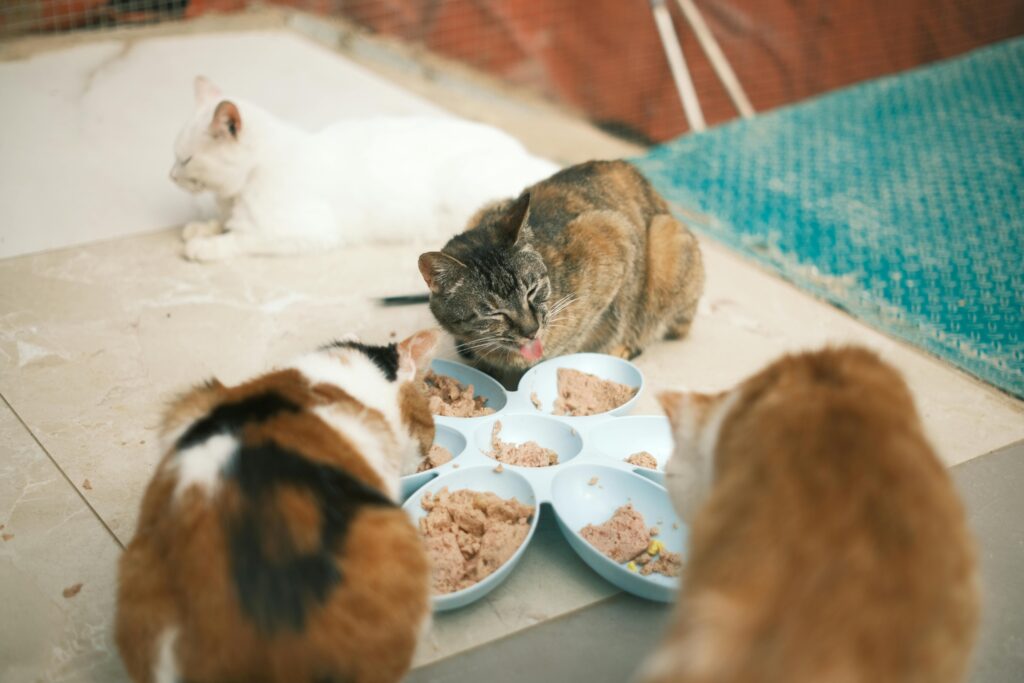
If your pet’s coat has lost its shine or they’re shedding more than usual, it could be a sign that their diet is lacking essential fatty acids like Omega-3s. A healthy coat reflects balanced nutrition.
2. Weight Gain or Loss
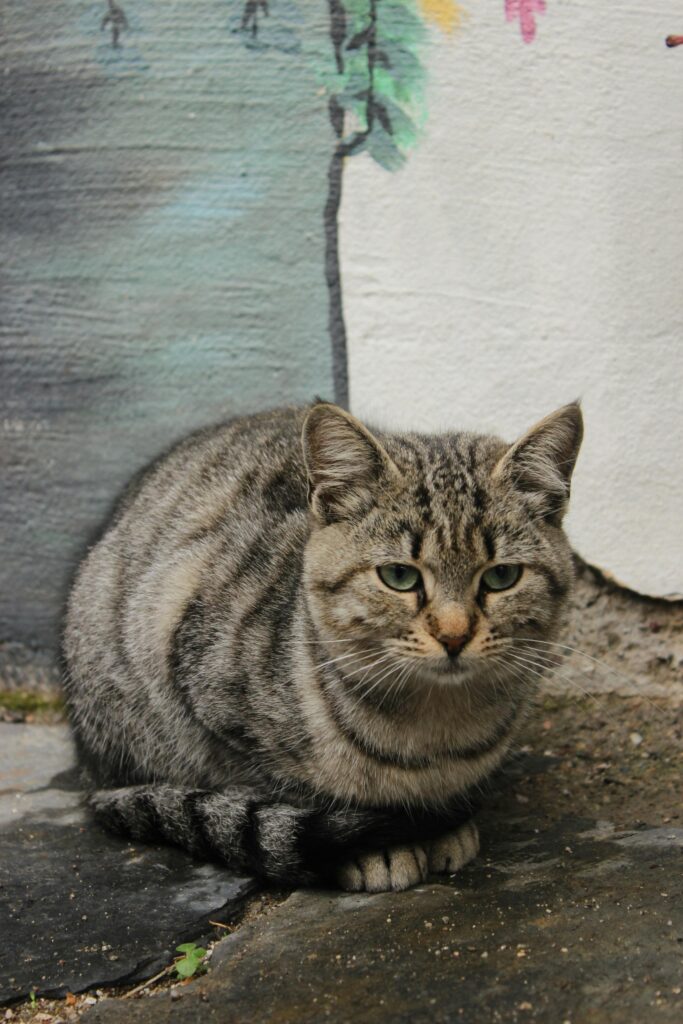
Sudden weight gain or loss is a red flag that your pet’s current diet isn’t meeting their needs. Whether they’re eating too many calories or not enough, weight fluctuations can indicate the need for a dietary overhaul.
3. Low Energy Levels

If your pet seems lethargic or less playful than usual, they may not be getting the right balance of nutrients. A lack of proper vitamins and minerals can lead to fatigue and sluggishness.
4. Frequent Digestive Issues

Regular vomiting, diarrhea, or constipation can signal that your pet’s current food isn’t agreeing with them. These are often signs that their diet lacks the necessary fiber or is too rich in ingredients that don’t sit well with their stomach.
5. Excessive Itching or Skin Problems
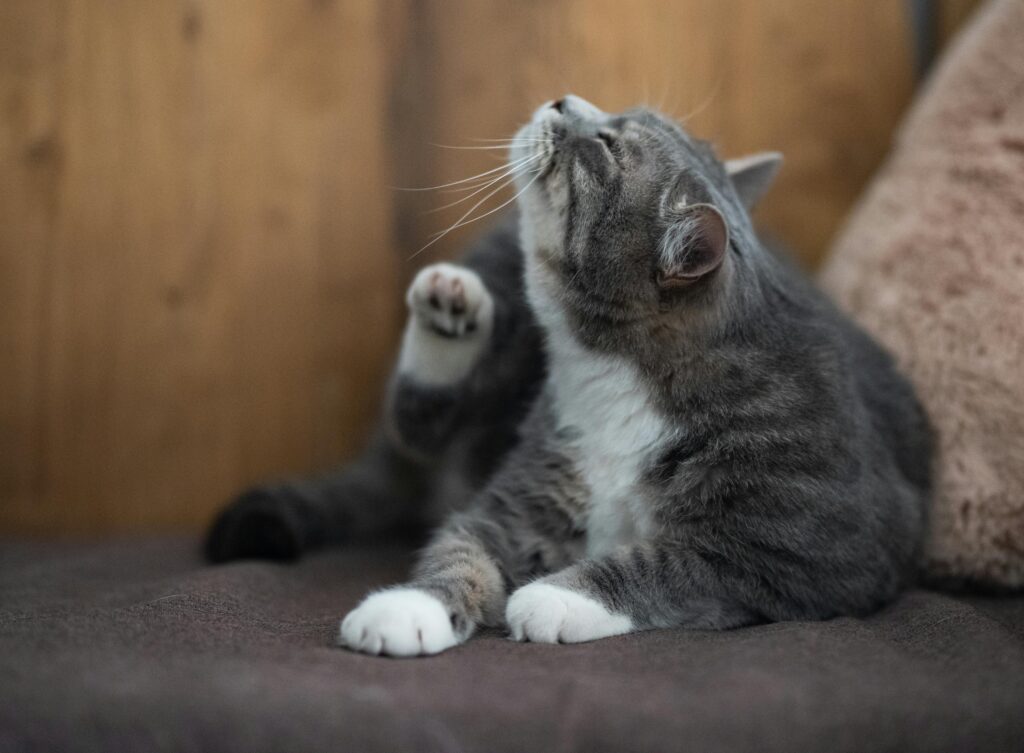
Constant scratching, dry skin, or hot spots might indicate food allergies or nutritional deficiencies. A diet that lacks certain nutrients, like zinc or Omega-3s, can lead to skin problems.
6. Bad Breath

While occasional bad breath is normal, persistent bad breath can indicate poor dental health or an imbalance in your pet’s diet. Certain ingredients, like low-quality proteins or fillers, can contribute to this issue.
7. Behavioral Changes

If your pet suddenly becomes irritable, anxious, or less social, it could be linked to nutritional imbalances. A lack of proper nutrients can affect their mood and overall behavior.
8. Constant Hunger

If your pet is always begging for food or acting like they’re starving, even after a meal, they might not be getting enough nutrients or protein from their current diet. This could indicate that their food isn’t satisfying or nourishing enough.
9. Poor Muscle Tone

A lack of lean muscle mass or visible muscle wasting is often a sign that your pet’s diet isn’t providing enough high-quality protein. Pets need sufficient protein to maintain strong muscles and overall health.
10. Frequent Infections
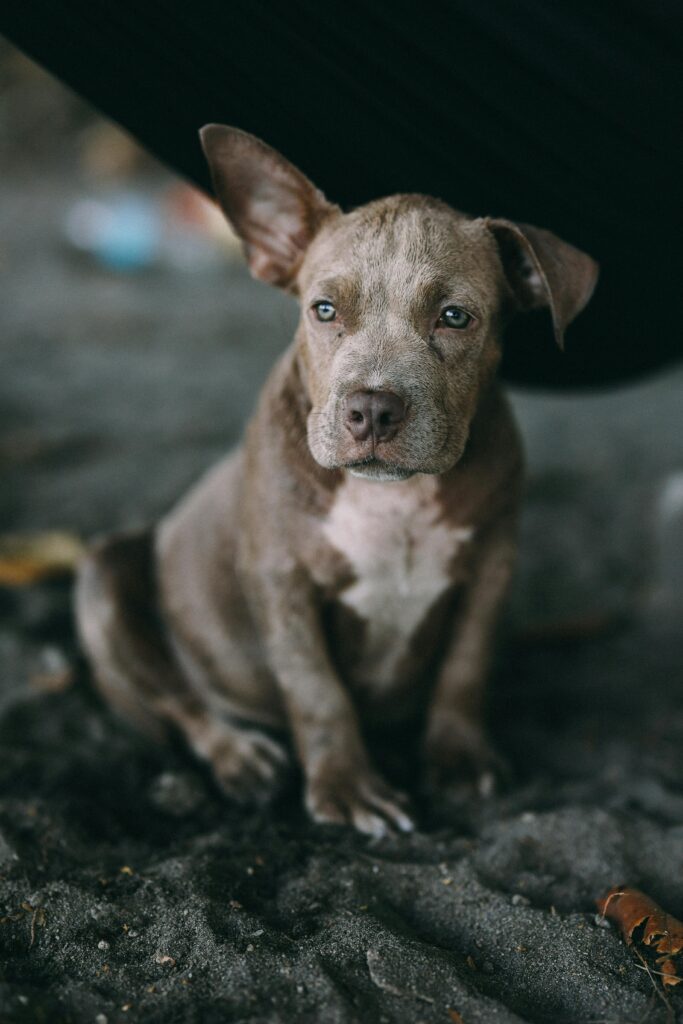
If your pet is prone to ear infections, skin infections, or other recurring health issues, their immune system might be weakened by poor nutrition. A nutrient-rich diet is essential for a strong immune system.
11. Excessive Thirst or Urination
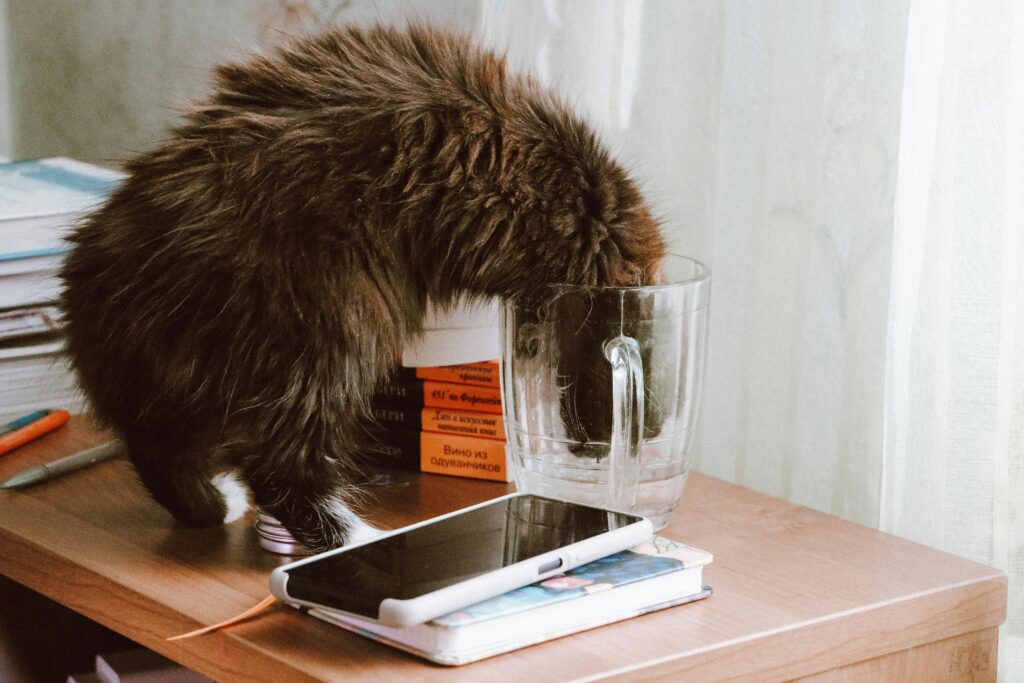
Increased drinking and urination could signal that your pet’s diet is too high in salt or that they’re not getting enough hydration from their food. It could also indicate an underlying health issue related to poor nutrition.
12. Stunted Growth (for Puppies and Kittens)

If your young pet isn’t growing at a healthy rate, it’s possible their diet isn’t meeting the nutritional demands of their development. Proper growth requires a balanced intake of vitamins, minerals, and proteins.
13. Smelly or Soft Stools
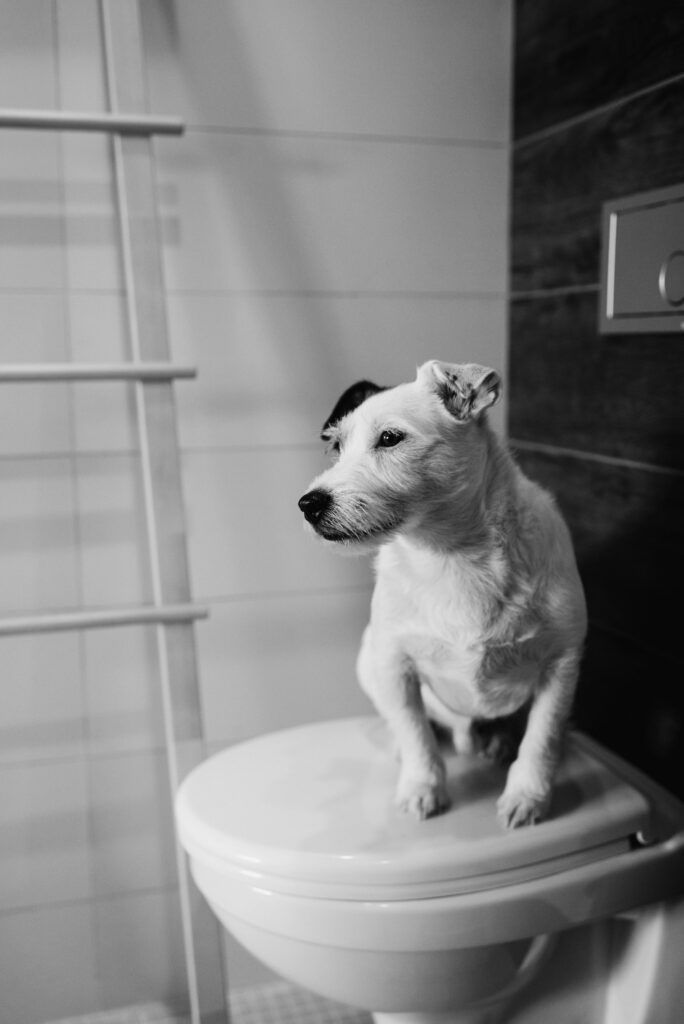
Frequent soft stools or overly smelly bowel movements can indicate that your pet isn’t digesting their food properly, or that their diet contains too many fillers and not enough quality ingredients.
14. Increased Flatulence

Excessive gas, especially if it’s foul-smelling, could be a sign that your pet’s diet isn’t digesting well or that they’re eating food with too many hard-to-digest ingredients. A diet overhaul might help settle their stomach.


